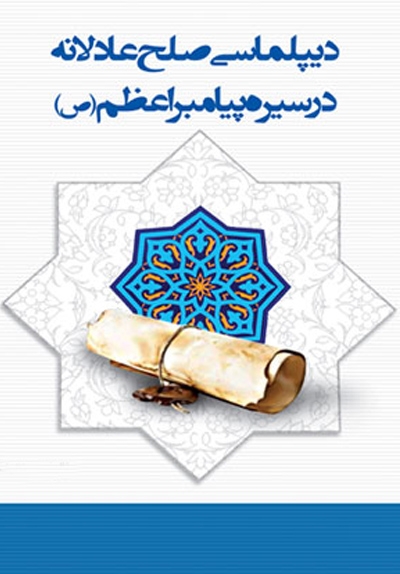



در کل، به نظر می رسد که هنوز سطح مطالعات مربوط به شناخت پیامبر اکرم(ص) در وضعیت مناسب نبوده و در این زمینه کاستی های زیادی وجود دارد، به طالعاتی که با تمرکز بر سیره پیامبر، به مسائل روز جهان اسلام و جهان بشری تمرکز نموده و برای پرسش های کنونی پاسخ مناسب، معتبر و تطبیقی از سیره ایشان استخراج نماید. به تعبیر مقام معظم رهبری، هنوز اقدامات صورت گرفته در این زمینه، پاسخگوی نیازی که جامعه بشری به آگاهی از این پیامبر جهانی و پیامی که ایشان برای بشریت دارند، نیستند. ضمن اینکه این کمبود آگاهی یا درک نادرست از سیره ایشان، به ویژه در فضائی که دشمنان اسلام به صورت ساختگی و جعلی ایجاد نموده و به تحریف رسالت یا محورهای عملکرد ایشان پرداخت هاند، موجب گردیده جریانی در غرب علیه اسلام و این پیامبر معظم پدید آید و به توهین و دیگر اقدامات ضدالهی در چارچوبی کلان از «اسلام ستیزی » منجر گردد.
1(நபிகளார் எவ்வாறு அதிகாரத்தைக் கைப்பற்றினார்கள், எவ்வாறு அதைப் பிரயோகித்தார்கள் என்பது சீறாவைப் பொறுத்தவரை முஸ்லிம்களால் முறையாக ஆய்வுசெய்யப்படாத ஒரு அம்சமாகவே எஞ்சியிருக்கிறது. சீறாவின் மென்னதிகாரம் (Soft-power), வல்லதிகாரம் (Hard-power) இரண்டு பற்றியும் நாமொரு பார்வை செலுத்த வேண்டியுள்ளது.
முஸ்லிம் நாடுகளில் (குடிமை அல்லது இராணுவப் பின்னணி கொண்ட) சில குறிப்பிட்ட தனிநபர்களோ குடும்பங்களோ இப்படியொரு நீண்டநெடுங்காலம் ஆட்சிசெய்ய முடிவது எப்படி? அதிகாரத்தில் இருப்பவர்களாயினும் அவர்களை எதிர்ப்பவர்களாயினும் வன்முறை மற்றும் பலாத்காரத்தையே சார்ந்திருப்பது ஏன்? பிரபுத்துவ அல்லது சர்வாதிகார ஆட்சிமுறைகளுக்குள் அவற்றை விழச்செய்யும் பிரத்யேகமான எதுவும் அவற்றின் வரலாற்றுப் பரிணாமத்திலேயே இருக்கின்றதா?
This month - Rabi al-Awwal in the Hijri calendar - sees celebrations of the birth of the Prophet (saw) all over the Muslim world. In this article, ZAFAR BANGASH, Director of the Institute of Contemporary Islamic Thought (ICIT), discusses some key elements of the Seerah.
The ICIT held its second International Seerah Conference in Colombo, Sri Lanka, in October. Here we publish the paper presented at the conference by GHADA M RAMAHI.
The ICIT held a second International Seerah Conference in Colombo, Sri Lanka, last month. Here we publish the second section of an abridged version of the keynote paper, presented by Zafar Bangash, Director of the ICIT.
The ICIT held a second International Seerah Conference in Colombo, Sri Lanka, earlier this month. Here we publish the first section of an abridged version of the keynote paper, presented by Zafar Bangash, Director of the ICIT.
The death of Dr Kalim Siddiqui in April 1996 deprived the Islamic movement of an intellectual and a leader whose loss has been sorely felt. His last book, Stages of Islamic Revolution, was published just days before his death. Now, over two years later, his final paper, Political Dimensions of the Seerah, has been published for the first time.
Muslim activists are often engaged in heated debate about the model to follow to bring about change in Muslim societies. The best model is, of course, none other than that of the noble Messenger of God, upon whom be peace and blessings.
Muslims everywhere are impatient for change. Impatience itself is not bad. It shows that Muslims are alert and anxious to see change in their societies. This springs from the fact that they are dissatisfied with the status quo. This is also a positive sign.

